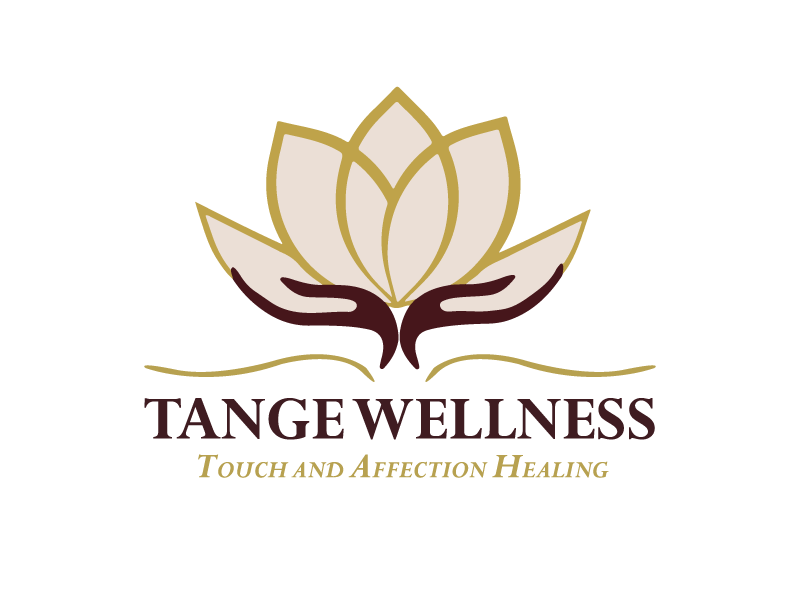The Spaces That Are Missing for Men to Feel Safe
I’ve heard it so many times now that it doesn’t surprise me anymore.
"There are no places for men to go where they can feel nurtured or safe, or where they don’t need to 'be a man.'”
Two new clients said this to me recently, and it made me pause, not because it was shocking but because I’ve heard it so many times before.
I see it in my practice all the time. Men come in asking to be the little spoon, wanting to feel held, nurtured, and safe. I see it in my own three teenage boys, whom I remind constantly that it’s okay to feel their feelings, even when their father teases them for crying or showing vulnerability. They’re told to “be a man,” but what does that even mean? If being a man means suppressing sadness, fear, and the need for connection, then we have a much bigger problem than we realize.
Men are rarely allowed to experience the full spectrum of their emotions without shame. This isn’t just a societal issue, it’s biological too. Studies have shown that men may have a lower physiological awareness of emotions due to differences in the brain's limbic system, which regulates emotion processing (Kret & De Gelder, 2012). However, it’s the cultural conditioning that does the most damage.
From the time they’re boys, many men are taught that emotions, except for anger, are a sign of weakness. They’re discouraged from expressing sadness, fear, or the need for comfort. Vulnerability is labeled as soft, and softness is equated with femininity, which is then (wrongfully) equated with weakness.
And what happens when men do show emotion? They get ridiculed. They hear phrases like:
“Suck it up.”
“Man up.”
“Stop acting like a girl.”
So, they learn to suppress. They bottle up their emotions until they either explode in anger or numb themselves completely. I’ve seen it firsthand in my practice, men who walk in carrying years of unspoken pain, only to finally break down in a space where they know they won’t be judged.
When men don’t have safe spaces to express themselves, the effects can be devastating. The emotions don’t disappear, they just get buried. And when they finally surface, they often manifest as:
Anger and aggression (because it’s the only emotion that’s socially acceptable for them to express)
Depression and anxiety (but many won’t seek help for it)
Isolation and loneliness (because vulnerability is seen as a liability)
Physical health issues (since chronic stress and emotional repression have been linked to heart disease and high blood pressure)
But when they do have a place to process, everything changes.
This is why the work I do is so important. In my practice, men are given full permission to just be.
They can cry.
They can ask to be held.
They can admit they feel lost, scared, or exhausted.
For many, it’s the first time in their adult lives they’ve felt this level of safety. One of the biggest things my clients tell me is how nonjudgmental I am, especially when we have open discussions about the body’s natural responses to touch. I explain how platonic and sexual touch are all different things, and that their experiences are valid. That education alone can be incredibly freeing.
And when men finally experience this kind of support, the transformation is profound.
It starts with letting go, crying, releasing, and allowing themselves to be seen. Then comes the self-acceptance. Then, they begin unpacking their history, understanding how they got to where they are today. With that, they gain the ability to be more open, more vulnerable, and more emotionally available not just in session, but in their daily lives.
I’m also seeing more men’s circles pop up, offering spaces where men can come together without judgment to support one another. These spaces are vital, and I hope they continue to grow.
So, how do we shift the narrative? Honestly, I don’t know the full answer. But I do know this:
We need to stop shaming men for having emotions.
We need to create more spaces where they can feel safe to express themselves.
We need to start listening when they tell us they need nurturing, too.
Because every human—man, woman, nonbinary—deserves to feel safe, cared for, and supported.
If you’re someone who has ever felt like you had nowhere to go, I want you to know that those spaces do exist. And you deserve to take up space in them.




